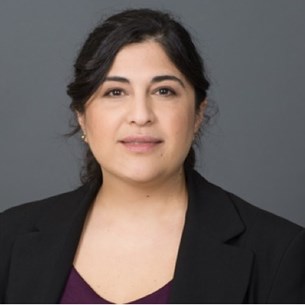Meeting
2012 ASCO Annual Meeting

Department of Neurology, University Hospital Zurich, Zurich, Switzerland
Ghazaleh Tabatabai , Michael Weller
Disclaimer
This material on this page is ©2024 American Society of Clinical Oncology, all rights reserved. Licensing available upon request. For more information, please contact licensing@asco.org
2012 ASCO Annual Meeting
Poster Session
Central Nervous System Tumors
Central Nervous System Tumors
Central Nervous System Tumors
NCT01443676
J Clin Oncol 30, 2012 (suppl; abstr TPS2105)
10.1200/jco.2012.30.15_suppl.tps2105
TPS2105
20D
Abstract Disclosures
2017 ASCO Annual Meeting
First Author: Hans-Georg Wirsching
2023 ASCO Annual Meeting
First Author: Shuo Li
2023 ASCO Annual Meeting
First Author: Joshua Nahm
2023 ASCO Annual Meeting
First Author: Sujay A. Vora